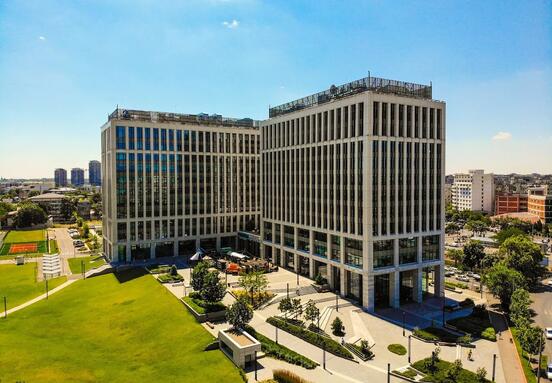Three valuable pieces of land have been sold over the past two months in a much sought-after business district of Bucharest near the Aurel Vlaicu metro station for a total of more than €16m. The news of the three deals comes from Colliers International, which brokered them. In total, it reported working on more than €40m in land sales last year. While there were relatively few land transactions in Bucharest in 2012, the Aviatiei area (around Aurel Vlaicu metro) remains a focal point for potential investors. Sinziana Oprea, a senior associate at Colliers International, says “the area around Aurel Vlaicu metro station has seen some strong interest from investors, which explains why we have seen these deals go through in the closing part of 2012. There are another two deals in an advanced stage of negotiations.“ Oprea says that the only plots in the area to remain unsold were those with problems. “Either they‘re blocked by large bank loans or there is too big a gap between what the owner wants for the plot and what the buyer expects to pay.“ Despite the area‘s reputation as a business hub, one of the three transactions Colliers has overseen is expected to be used for a residential project. Oprea says the 6,500 sqm plot was bought by a group of private investors for around €100 per sqm, from a Spanish investor who wanted to exit the market. “It was a distress transaction,” Oprea explains. But it‘s the the current amount of office stock and the high-level of pre-leases in the area that make the Aviatiei zone so tempting for developers. Land located on the main road and in the immmediate proximity of the metro – ideal for office developments – has been sold at prices ranging from €750 to €900/sqm, while plots located in secondary areas can command as little as €100 per sqm. If prices are somewhat predictable, the timing of closings is far more random, as they depend largely on in securing zoning for projects, or even construction permits. „From this point of view, last year was the most unstable and unpredictable we have seen so far,“ Oprea says. “In some cases the political changes in Romania, which totally messed up the calendar of the Bucharest General Council, postponed transactions.“ (source: cijjournal.com)






